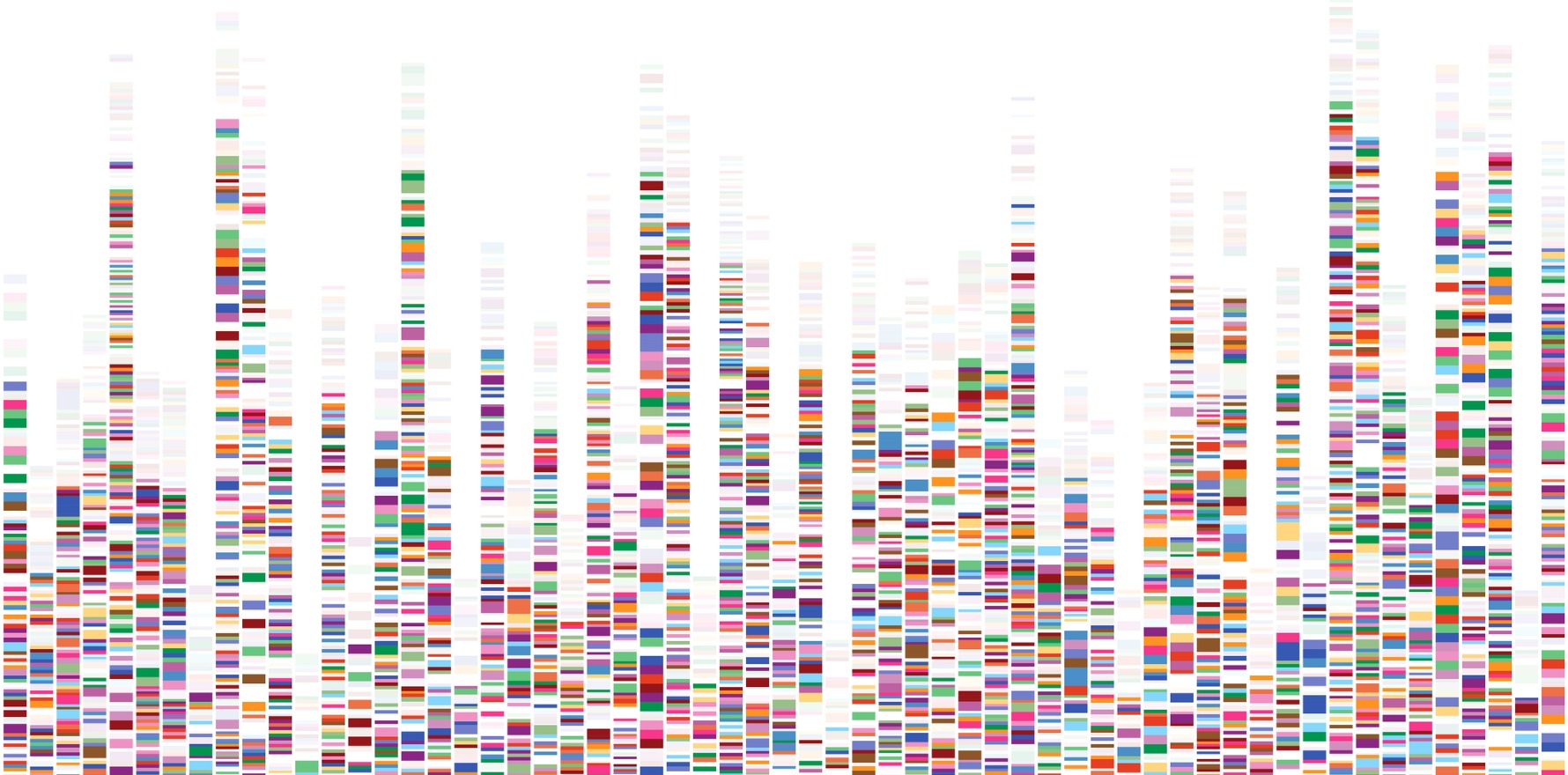Australian experts are urging action on precision oncology, and they want to hear from GPs.
Personalised cancer medicine is here, but access isn’t uniform or equitable – yet.
Two recent developments have brought that reality closer.
Cancer Australia has launched the Draft National Framework for Genomics in Cancer Control, which covers everything from prevention, screening and early detection, to treatment, follow-up and end-of-life care.
GP input into the framework is essential, and you have until Christmas Eve to submit yours.
“Quite a few of the actions are specifically about primary care,” Professor Vivienne Milch, medical director of Cancer Australia, told TMR. “We would love to have input from GPs.
“Precision oncology is rapidly evolving and has this huge potential to transform the outcomes for all Australians with cancer.
“But the reason we felt that we needed to develop a framework is to make sure that the advances will help everybody, and that there will be equitable access.”
Secondly, the federal government has announced a new body, Genomics Australia, to begin work in July 2025 to drive advancement and access.
This coincided with genomics experts and cancer patient organisations signing an open letter published in The Australian warning that if we don’t get a move on, we’ll fall behind.
“This is not simply an academic matter: this is an opportunity for public leadership, to ensure the advances of genomics do not leave behind our most disadvantaged citizens or exacerbate existing health inequities. We believe that all Australians, including those outside major cities, Aboriginal and Torres Strait Islander peoples and multicultural communities, should be able to benefit from the fundamental advances of genomic medicine,” the letter said.
The ban on insurance companies using genetic data and the federal Genomics Australia body was a start, the letter said, but “large-scale, dedicated, and sustained funding” were needed to make it a success.
How can patients benefit right now?
There are already existing avenues for patients to get on the path to genomic testing and the game-changing personalised care options it affords. Awareness about genomic screening and where it fits in is an important step in making sure people access what’s available, said Professor Milch.
All children in Australia with cancer have access to precision medicine through the Zero Childhood Cancer program. Some cancer patients can get onto clinical trials, which is where a great deal of the genetic testing is done.
“We need to gradually transition this research base into clinical practice,” Professor Milch said.
There is a growing list of clinical genetics services, public and private, and familial cancer centres where GPs can refer patients.
And we already have robust genomics guidelines, eviQ, developed under the auspices of the Cancer Institute NSW, which include general practitioner referral guidelines for cancer genetics assessment. They include detailed information about who should be referred for testing and where.
“We’re encouraging GPs to go to eviQ and refer to clinical or genetic services or familial cancer centres based on that,” Professor Milch said.
“Genetic testing provides an opportunity for personalised prevention and risk-reducing strategies. And those risk-reducing strategies might be surgery, they might be medication or an opportunity to have surveillance; for instance, regular colonoscopies if there is thought to be a risk of increased risk of colorectal cancer, or risk-stratified screening.”
Related
Family history, tumour profiling and pharmacogenetics
A person who knows they have a family history of cancer can use genomic testing to determine their own risk of developing cancer.
“It’s always important for a GP to think about family history. Knowledge of family history might change over time,” Professor Milch said.
“If a GP sees somebody who has three first- or second-degree relatives on the same side of the family with the same or related cancer, or two first- or second-degree relatives with the same or related cancer, plus one of those people is diagnosed under the age of 50, that’s the time to start thinking about referral to a clinical genetics service or family cancer centre for assessment.”
But not everyone has that kind of detailed health information about their family.
“There are people, for instance, Aboriginal and Torres Strait Islander people from the Stolen Generation, who don’t know anything about their family history. Some of these questions are really important to ask in a culturally sensitive and a culturally safe way,” said Professor Milch.
Genomic profiling can also offer benefits once a person is diagnosed with cancer, in some cases helping to determine which kind of treatment will work best for a specific person’s individual tumour, and which medications they will respond to.
“The use of genomics in clinical care is really going to increase rapidly over time and the more knowledge that people have, the more that’s actually going to happen. It’s one of the reasons that we developed the framework, so that we get this sort of common understanding and drive application in practice,” said Professor Milch.
The draft National Framework for Genomics in Cancer Control is open for consultation through an online survey on the Cancer Australia Engagement Hub until 24 December.





